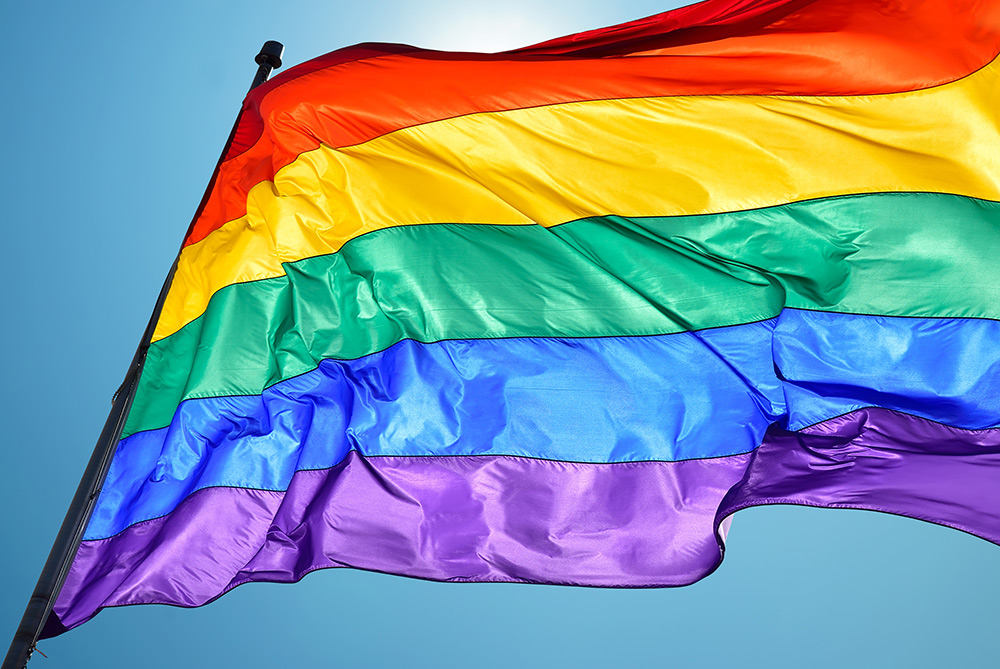People within the LGBTQ+ community share many things in common outside of sexuality and identity.
Many seek therapy for things like self-esteem concerns, anxiety, relationship issues, and more. Whatever the reason someone from the community might seek therapy, it’s important that their therapist is accepting and supportive. Some therapists are LGBTQ+ affirmative, meaning they have training and experience working with LGBTQ+ clients and understand the unique challenges they face.
What is LGBTQ+ Affirmative Therapy?
LGBTQ+ Affirmative Therapy was developed to address the unique emotional and mental health needs of members of the LGBTQ+ community. This therapy describes the acknowledgment and acceptance of an individual’s identity and sexual orientation. Therapists who offer affirmative therapy provide their LGBTQ+ clients a safe space to develop a healthy sense of self and strengthen their voice.
How Does LGBTQ+ Affirmative Therapy Work?
The first step in affirmative therapy is to assess the client’s current needs and identify any areas of concern. This process allows the therapist to better understand how best to support the individual. The therapist will also help the client build a healthy foundation for their identity by exploring topics such as self-acceptance, family acceptance, and relationship dynamics. In addition, the therapist will offer coping and problem-solving strategies for dealing with challenges that may arise
Tenets of LGBTQ + Affirmative Therapy
LGBTQ+ Affirmative Therapy can help someone challenged with mental health issues navigate their life and choices in a more thoughtful and meaningful way. Here are some of the main tenets of LGBTQ+ Affirmative Therapy:
- Safe Spaces: The most important aspect of effective therapy is creating a safe space for the client to explore their emotions and heal any trauma. In LGBTQ+ Affirmative Therapy, individuals are welcomed without any judgment or preconceived notions. This allows them to be open and honest with their therapist, which is essential for progress.
- Empowerment: LGBTQ+ Affirmative Therapy helps individuals feel empowered to own their identity and sexuality. This type of therapy celebrates diversity and encourages clients to be their authentic selves. In doing so, they are better able to cope with any challenges they may face.
- Acceptance: One of the main goals of LGBTQ+ Affirmative Therapy is to foster acceptance from both the therapist and the client. This type of therapy works to break down the barriers that lead to discrimination and exclusion. Acceptance is key to helping individuals feel understood and supported.
- Finding an Ally: Once a safe space and genuine trust have been established, an alliance can be fostered where the LGBTQ+ individual feels they are supported and celebrated. This type of relationship is essential for healing and growth.
What are the Benefits of LGBTQ+ Affirmative Therapy?
There are many benefits to seeking therapy that is affirmative of LGBTQ+ individuals. Some of these benefits include:
- Increased self-esteem and self-acceptance
- Improved mental health
- Greater insight into relationships and family dynamics
- Enhanced coping and problem-solving skills
- Better communication and intimacy skills
- Greater overall satisfaction with life
Therapy can be an incredibly valuable resource for anyone, but it is especially beneficial for members of the LGBTQ+ community. If you are looking for a safe and supportive space to explore your identity and sexuality, then LGBTQ+ Affirmative Therapy may be right for you.
If you are experiencing a mental health issue and would like to work with an LGBTQ+ Affirmative therapist, please reach out to me. I offer online sessions and am happy to discuss how I may be able to help.




